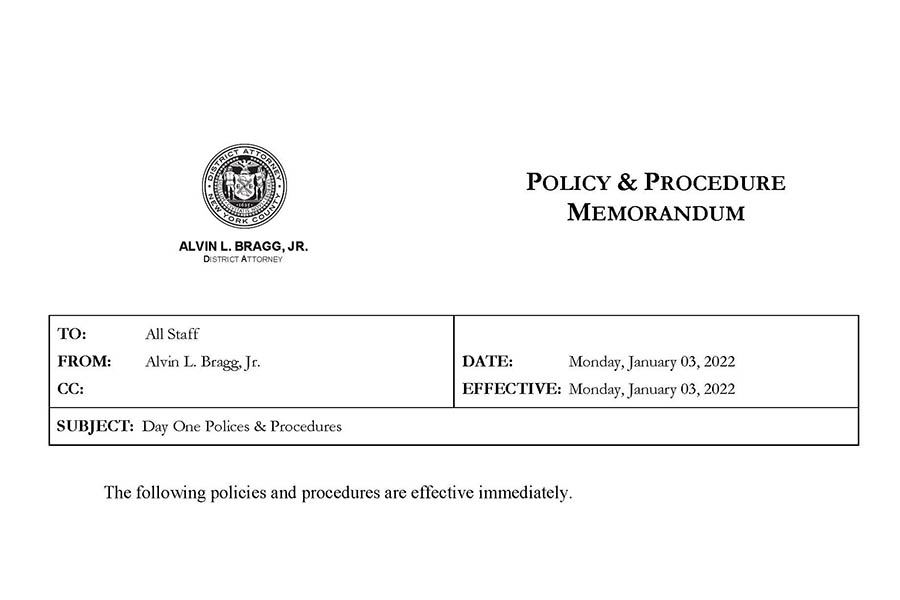When a person is arrested and charged with a crime, they are in most cases entitled to bail. Bail is not supposed to be punitive, rather it is designed to help insure that the person charged attends all court appearances and follows all conditions of release set by the court. Standard conditions may include travel restrictions to the state, no additional arrests, to report any contact with law enforcement (including motor vehicle stops), surrender of all weapons, regular reporting to pretrial services, and an order against contacting the alleged victim, if applicable.
In many jurisdictions, whether bail is granted and what form the bond takes, is informed by bail schedules or guidelines. The court will usually examine the person’s ties to the community, the nature of the offense, the person’s prior record, their financial circumstances, the amount and frequency of out-of-country travel, their work history, family circumstances and citizenship status.
In setting bail, a judge typically has four choices:
- Refusing to grant bail at all (most common in federal system);
- Allowing an unsecured bond, otherwise referred to as personal recognizance;
- Requiring a cash bond; or
- Permitting a secured or corporate surety bond
An unsecured bond allows the accused to be released without paying any money up front. The person signs a document attesting to the conditions of release and agrees to abide by those conditions. Should the person violate any of the terms of release, they may face additional charges or a new bail with a monetary amount set or detention.
The most typical bail requires a specific amount of money to be posted. If the person posts the bail amount himself, the funds will be returned upon the completion of the case if all requirements have been met. If the person violates the conditions, or becomes a fugitive, the bond amount will likely be forfeited. If the person uses the services of a bail bondsman, they will usually incur a fee of approximately ten percent of the bail amount set. For instance, if the bail is set at $100,000, a bail bondsman usually charges a fee of $10,000. That non-refundable fee covers the insurance bond he must obtain and his profit for posting the bond with the government.
Bail may also be posted by using real property with significant equity. The person may post her own home, or that of family or friends to secure their release. The court usually requires that the equity be as much or more than the monetary amount of bail set. This method usually takes longer to secure the person’s release because the court may require an appraisal, proof that the mortgage and tax payments are current, copy of the deed and the property owner(s) to appear in court.
There are cases in which a magistrate may refuse to grant bail altogether. In serious cases involving murder, kidnapping, large-scale drug distribution and the like, a court may determine that there are no conditions of release that guarantee the safety of the community and that the risk of flight is too great.
While an attorney is not required simply to pay bail to the court or hire a bondsman, it is critical for an experienced criminal defense attorney to represent the person at a bail hearing where the court is determining whether to release the person and on what conditions. An attorney is also necessary to effectively challenge the sum of their assigned bail or the denial of bail.
Stahl Gasiorowski Criminal Defense Lawyers aggressively defend individuals charged with complex federal and state crimes. Founder Robert G. Stahl is recognized as one of the top criminal defense attorneys in the NY/NJ area for his skills, knowledge and success. To contact us to discuss your case, call 908.301.9001 for our NJ office and 212.755.3300 for our NYC office, or email us at rgs@sgdefenselaw.com.




Leave A Comment